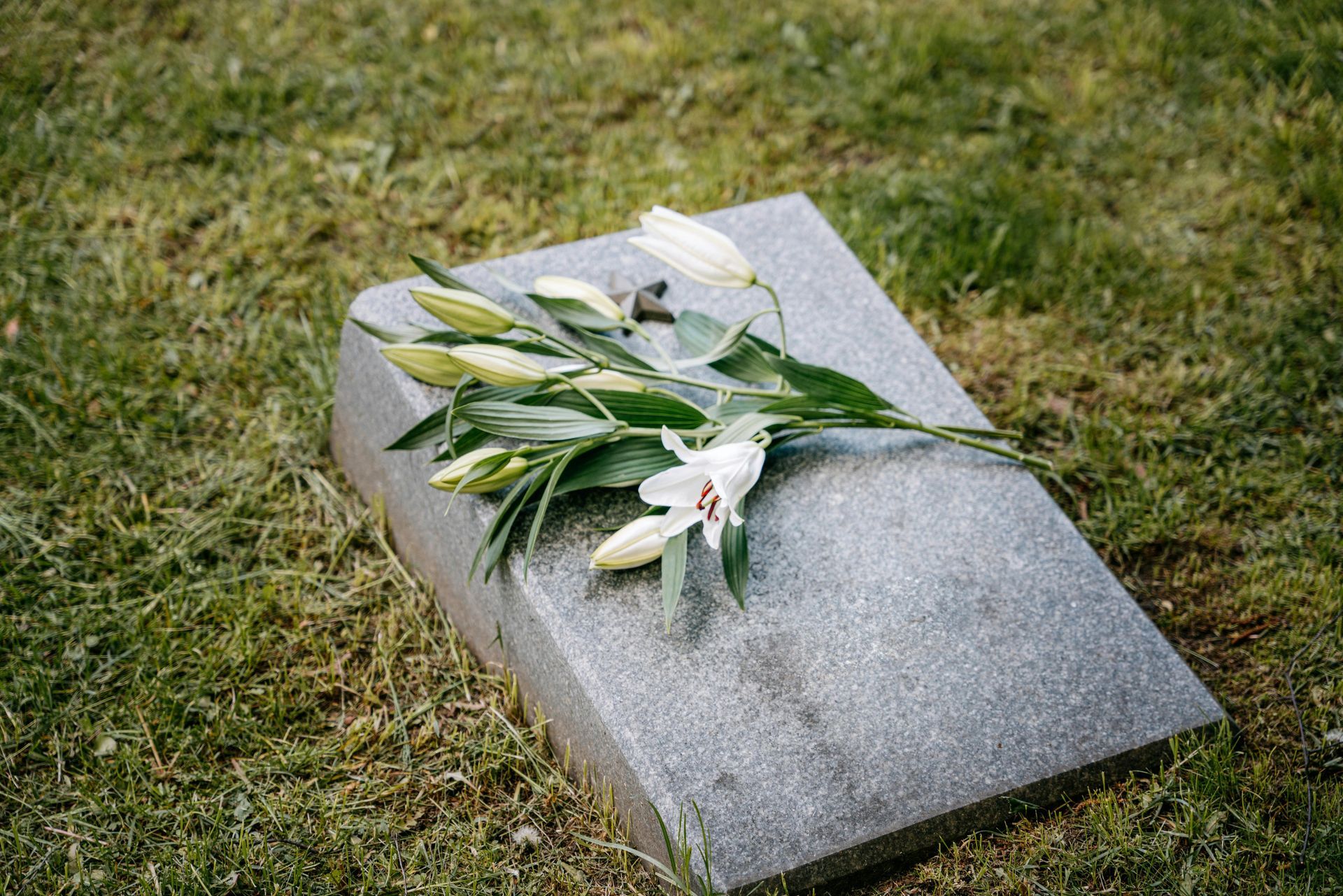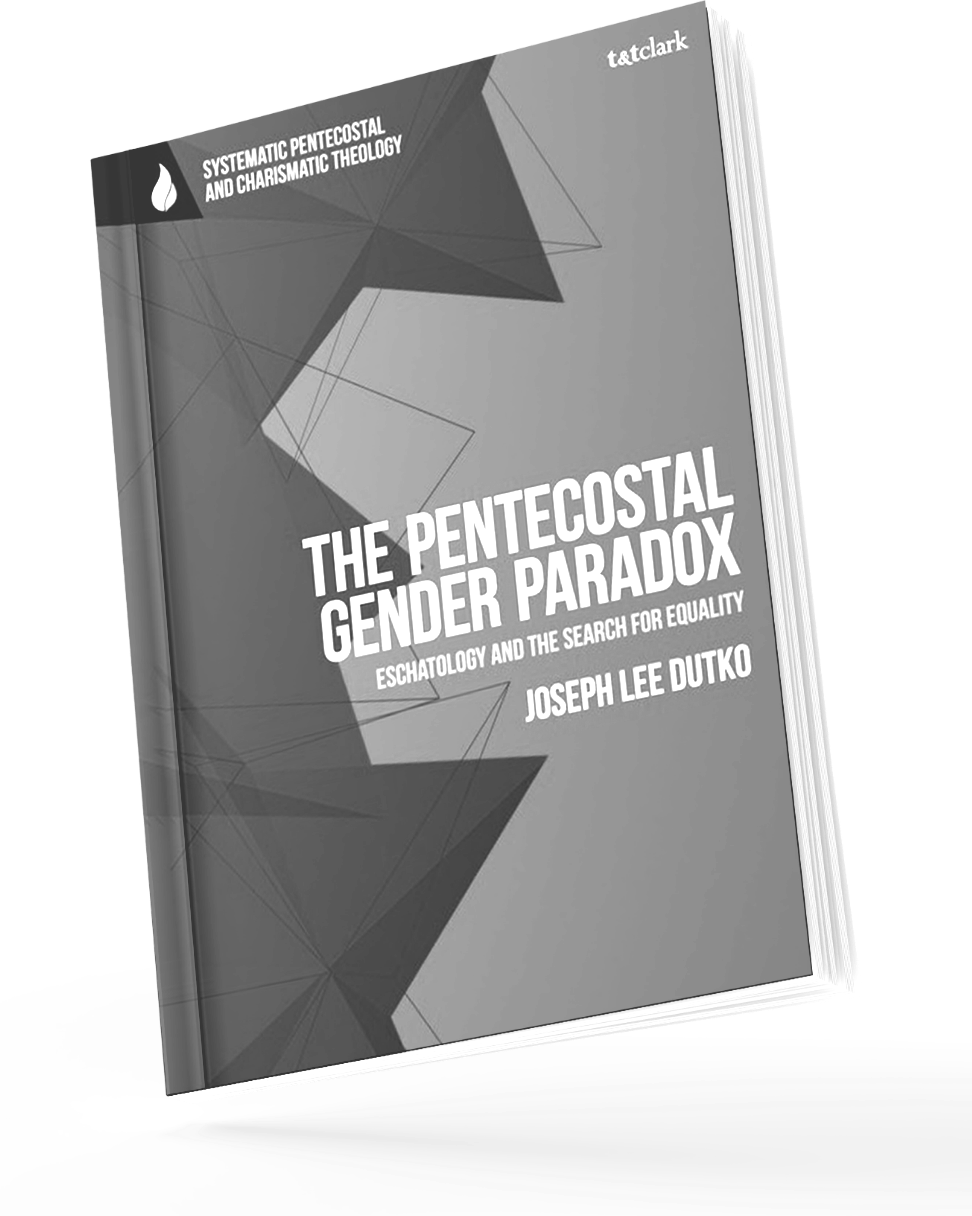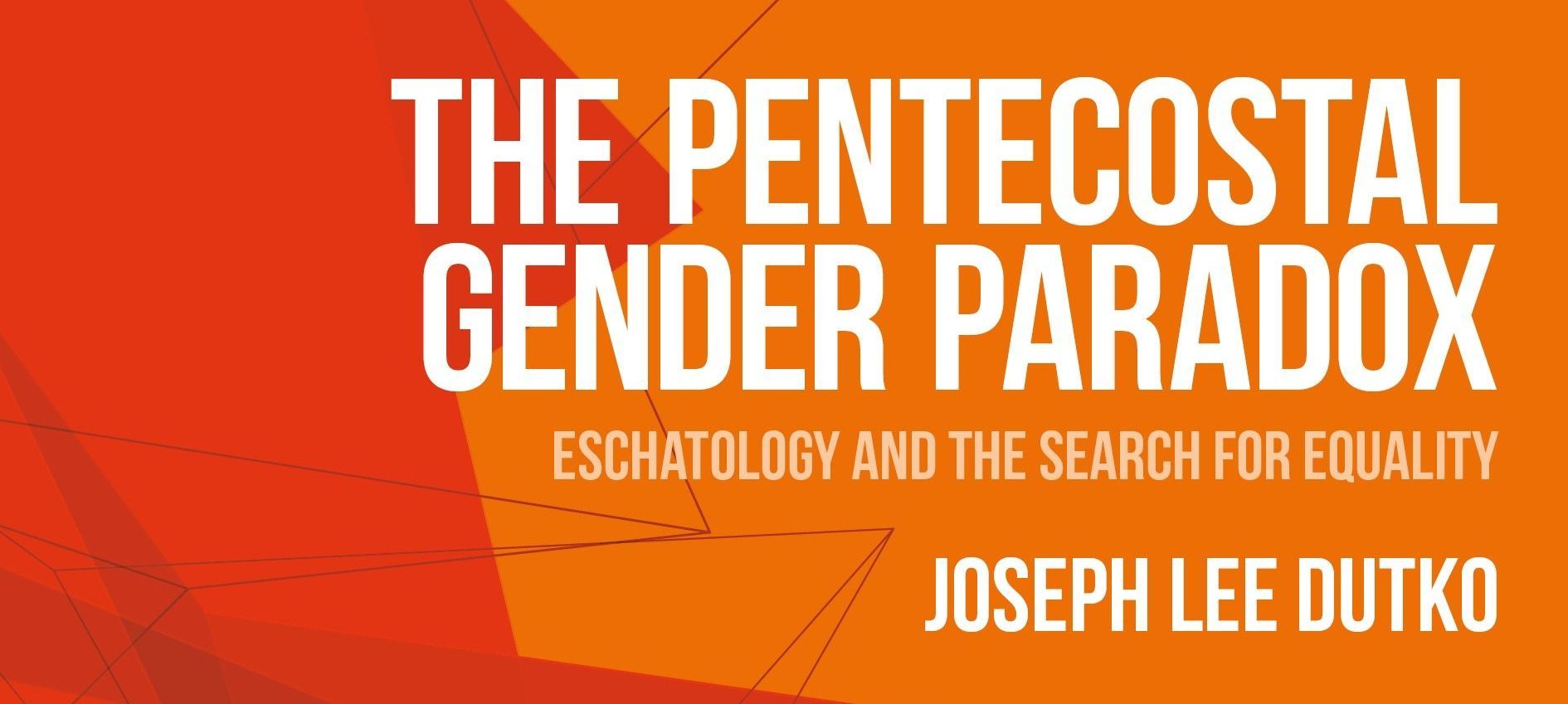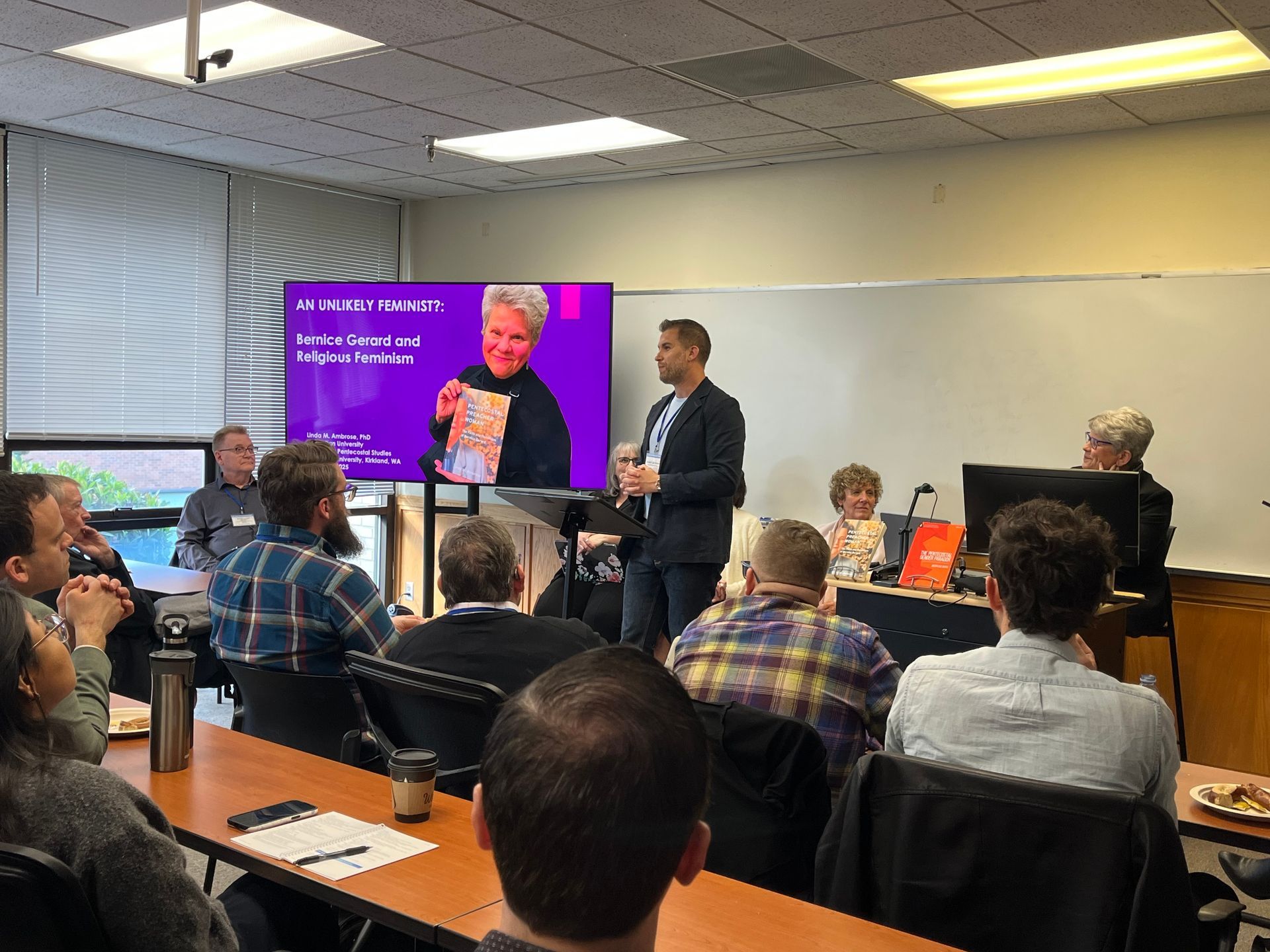Women in 1 Corinthians 11:2-16
1 Corinthians 11:2-16 is known as one of the most confusing, complex, and hotly debated passages in all of Scripture.
Let's be honest, this text is a preacher’s worst nightmare. You have just a little bit of time to somehow explain and make sense of this convoluted passage as well as make practical application to people's lives.
Paul’s thoughts here are complicated, and there’s some unclear terminology, which is why Gordon Fee calls the whole passage “fraught with uncertainty.”
So we should approach this passage humbly. There’s a lot of mystery here. We don’t know exactly what caused Paul to address this subject matter, so the best approach is to focus on the big ideas and lasting significance of some of what Paul says here.
Focusing on the Big Picture
If we step back and look at the big picture (rather than expounding on the 12 possible meanings of the phrase “because of the angels” in v. 10!), then I think there are some profound and even prophetic teachings here, particularly with regard to women in the early church.
It should be obvious the practical application here is not about hairdos and head coverings, even if that was a big deal in Corinth, which is why Paul addressed it.
It's not that God has some preference for women or men to have short or long hair, it’s that some of these things could detract from the witness of the gospel in Corinth.
Paul's concern is making sure those within or outside the church are not caused to stumble (10:32), and the Corinthian church's apparel and appearance in their worship gatherings was apparently doing just that.
But Paul's hypersensitivity to how the church presents itself to the culture is what makes this passage so powerful and prophetic when it comes to women in the early church.
Some people completely miss the prophetic nature of the passage here, sometimes even interpreting it opposite of what I’m going to suggest.
The Meaning of "Head"
I’ll briefly go back to v. 3 because that’s where people get confused, where Paul says “But I want you to realize that the head of every man is Christ, and the head of the woman is man, and the head of Christ is God.”
A previous post on Ephesians 5 and a supplemental video to that already explained the most likely meaning of kephale, translated "head."
But a quick summary is that kephale here is related to ideas of "source" or "origin" rather than ideas of authority, leadership, or superiority. In contemporary language, think more "headwaters" than "head honcho."
There are a number of clues in this text (and others), including God being called the head of Christ (there is no hierarchy in the Trinity!), that tell us the meaning here can’t possibly be authority or leader over or superior.
Paul's Prophetic Message
But as is our purpose, I want to focus on the bigger idea here which is this: in the first century, women were widely considered to be inferior to men in almost every culture and place.
Furthermore, in both pagan and Jewish places of worship women were completely excluded from public worship and relegated to silence and quite often an entire separate section or even balcony as observers, treated as second class.
So it speaks VOLUMES that in a passage where Paul is clearly worried about the church not embarrassing itself, about not doing things that would be a distraction according to the surrounding customs and culture, that he promotes the equal public ministry of women in church gatherings.
For someone who has been teaching the Corinthians “do not cause anyone to stumble” (10:32) when it comes to grey/neutral areas of practice or behaviour, for someone who’s worried about what certain hair styles might communicate to non-believers, it’s downright scandalous and extremely telling that when it comes to gender equality in the church--an unpopular view in the first century to both Jews and Greeks--that Paul very much accepts and assumes that women will pray and prophesy and play a prominent role in public worship gatherings.
"Paul assumes that women will play a prominent role in public worship gatherings"
His concern is just about whether head or hair is covered/uncovered or short/long.
And Paul even dismantles the normal hierarchy and authority structures of the day when he says in vv. 10-12:
10 It is for this reason that a woman ought to have authority (exousia) over her own head, because of the angels. 11Nevertheless, in the Lord woman is not independent of man, nor is man independent of woman. 12 For as woman came from man, so also man is born of woman. But everything comes from God.
Paul says the first woman came from a man, but that doesn’t give men any advantage or superiority because after that, all men were born of women!
Neither sex can claim authority or superiority over the other.
So Paul’s advice was simultaneously pragmatic and prophetic here.
In v. 10, Paul conceded women have the freedom to do whatever they want with their head and hair, but as has been his advice throughout the whole letter, he’s advising that we make our decisions out of love for others. Therefore, covering the head/hair is probably best in light of what it represents in Corinth (possibly prostitution).
Don't Overlook the Obvious!
But don’t overlook the obvious here that Paul was expecting women to be equally ministering in public!
In fact, in vv. 4-7 about proper attire or fashion in speaking in public worship, by word count (in the Greek) he actually spends slightly more words addressing women than men. If women weren’t supposed to be leading in the public worship gathering, as some still believe today, then Paul wouldn’t waste his time telling them how they should do it!
If women weren’t supposed to be leading in the public worship gathering, then Paul wouldn’t waste his time telling them how they should do it!
Paul’s consistent advice in 1 Corinthians is that there is no place for feelings of superiority in the Kingdom of God: whether men over women, free over slave, Jew over Greek, rich over poor, abled over disabled, and so on.
All attitudes of hierarchy and superiority have no place on the level ground of God’s egalitarian kingdom, and we should be expending our energy and effort to make
that eschatological vision an earthly reality.
NEWSLETTER SIGNUP (blog post layout)
ABOUT JOSEPH
Pastor, Author, and sometimes pretends to be a Scholar
Joseph (PhD, University of Birmingham) is the author of The Pentecostal Gender Paradox: Eschatology and the Search for Equality.
Since 2015, he and his wife have together pastored Oceanside Community Church on Vancouver Island, where they live with their four children.










